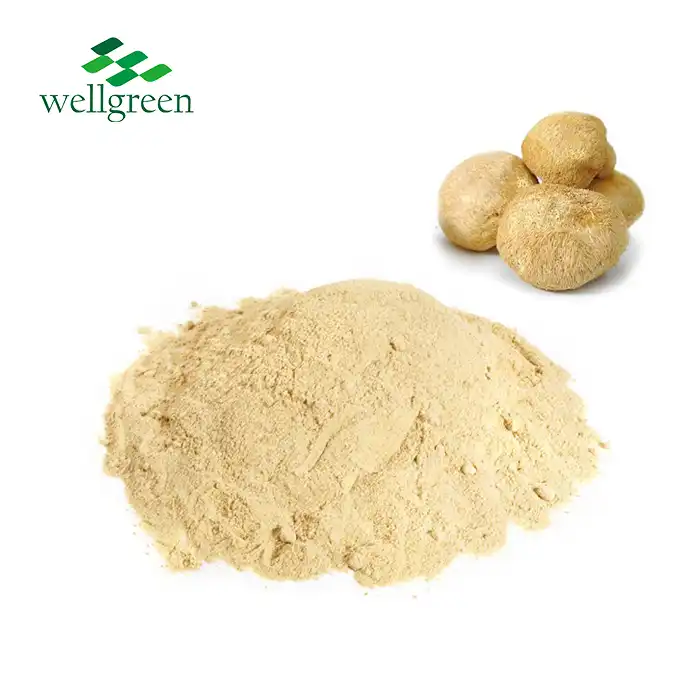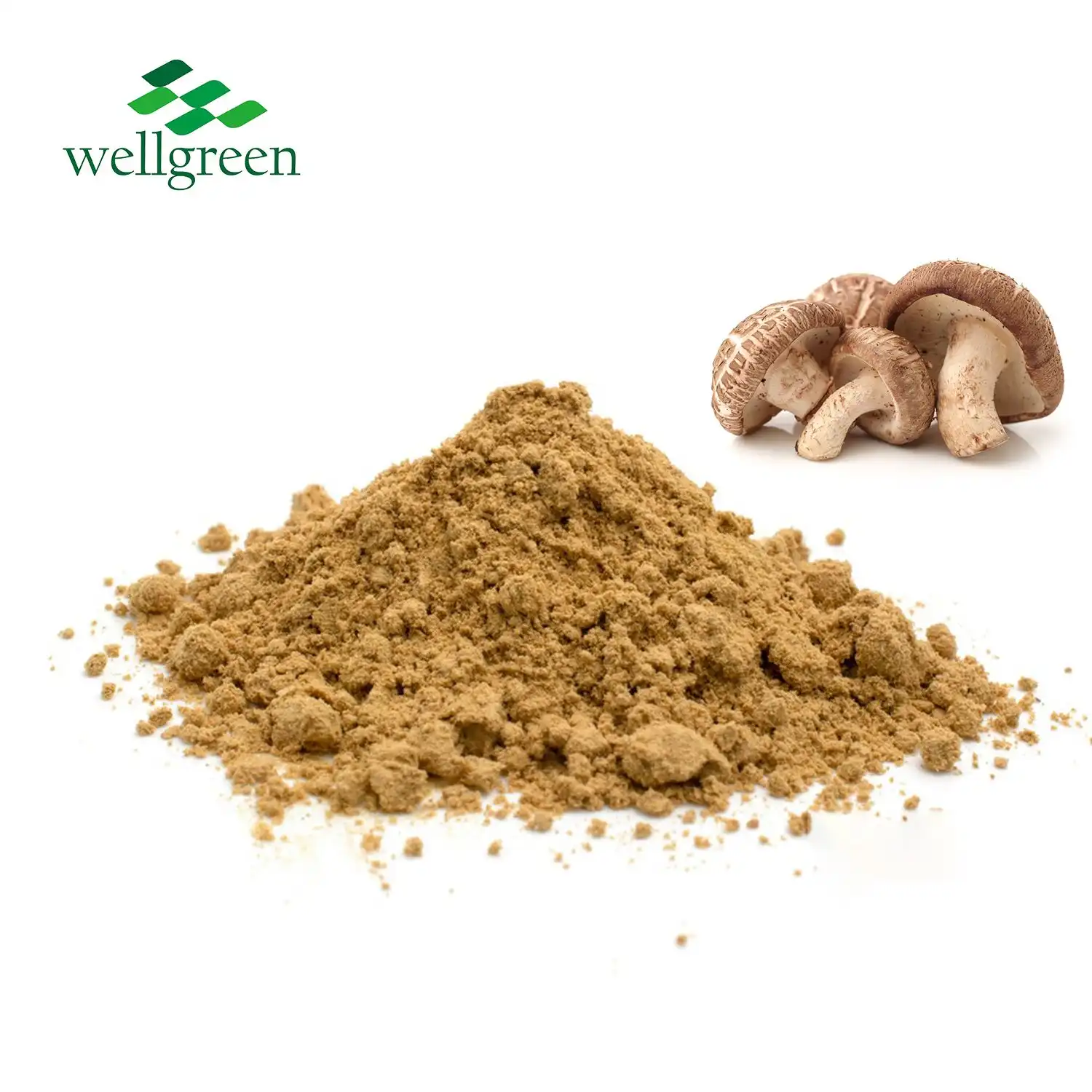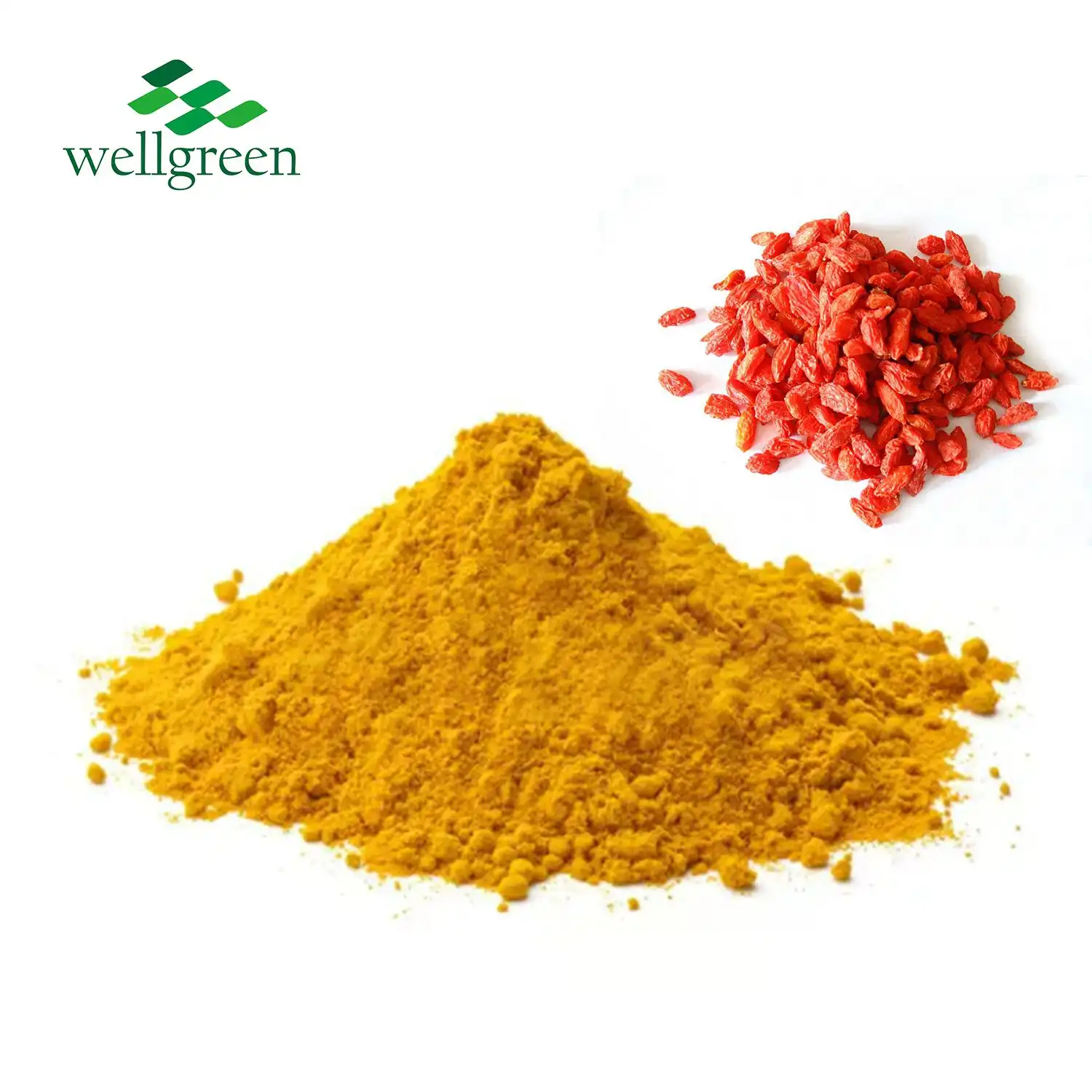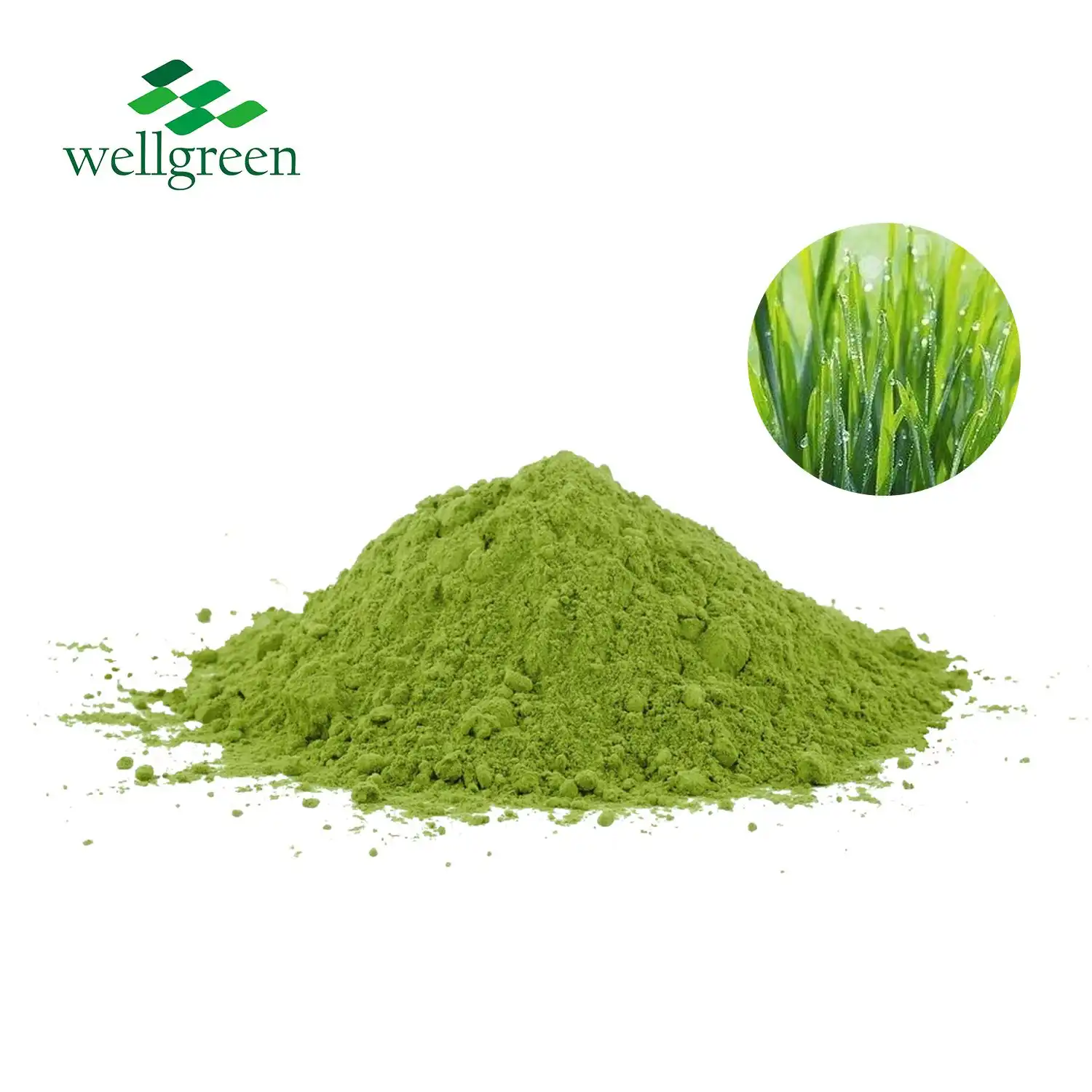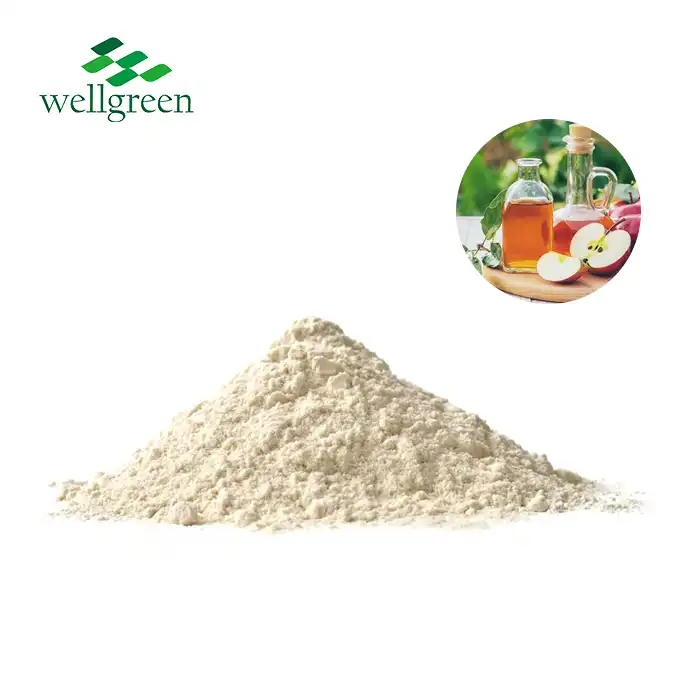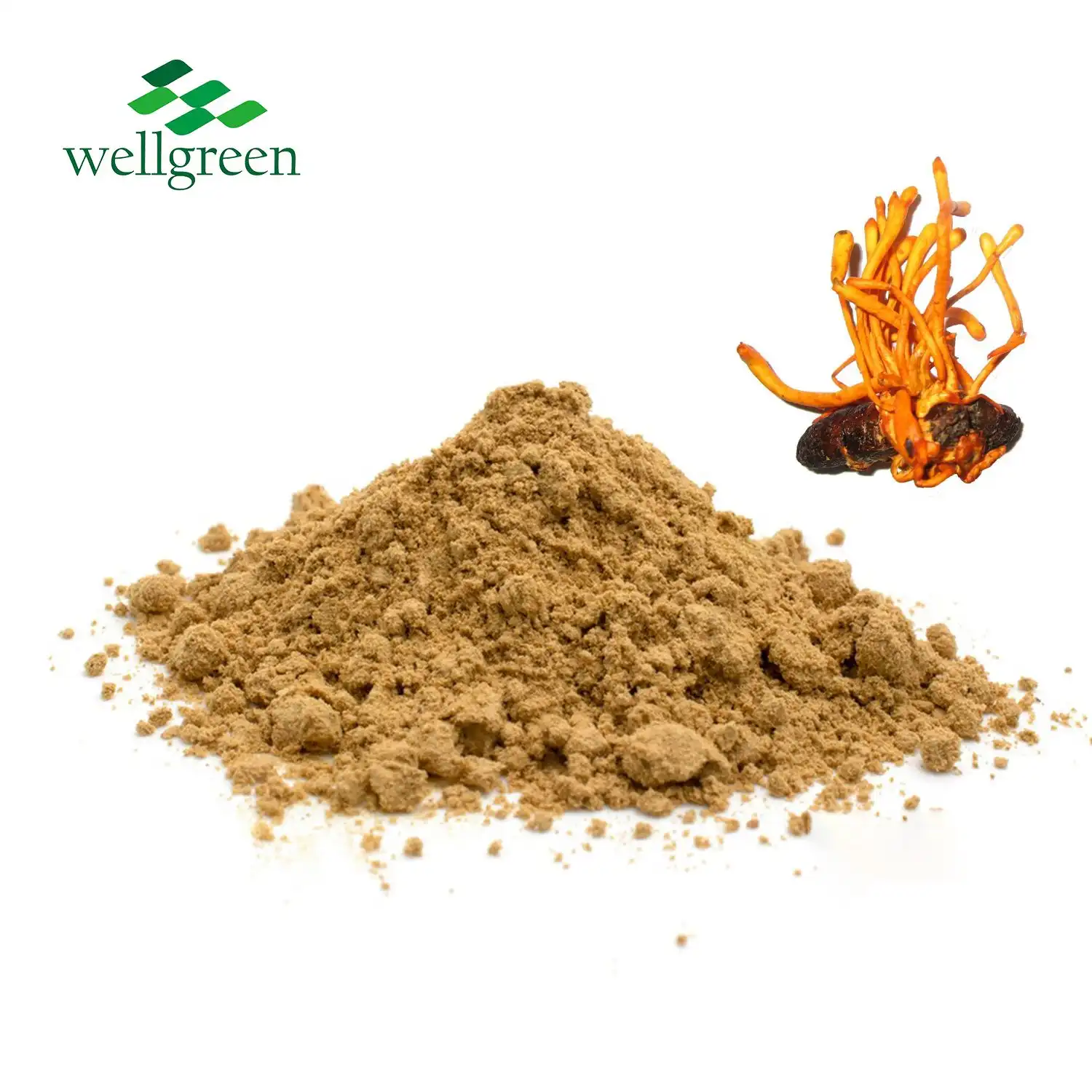Cranberry Extract: Uses, Side Effects, and Medicines
2025-07-30 13:31:45
Cranberry extract, derived from the tart red berries of the Vaccinium macrocarpon plant, has gained popularity as a natural health supplement. This potent concentrate offers a concentrated dose of cranberry's beneficial compounds, including proanthocyanidins, flavonoids, and vitamin C. Renowned for its potential to support urinary tract health, cranberry extract has also been studied for its antioxidant properties and possible benefits in cardiovascular health. While generally considered safe for most people, it's essential to understand the proper usage, potential side effects, and interactions with medications. This comprehensive guide explores the uses, safety considerations, and effectiveness of cranberry extract supplements, providing valuable insights for those considering incorporating this natural remedy into their health regimen.
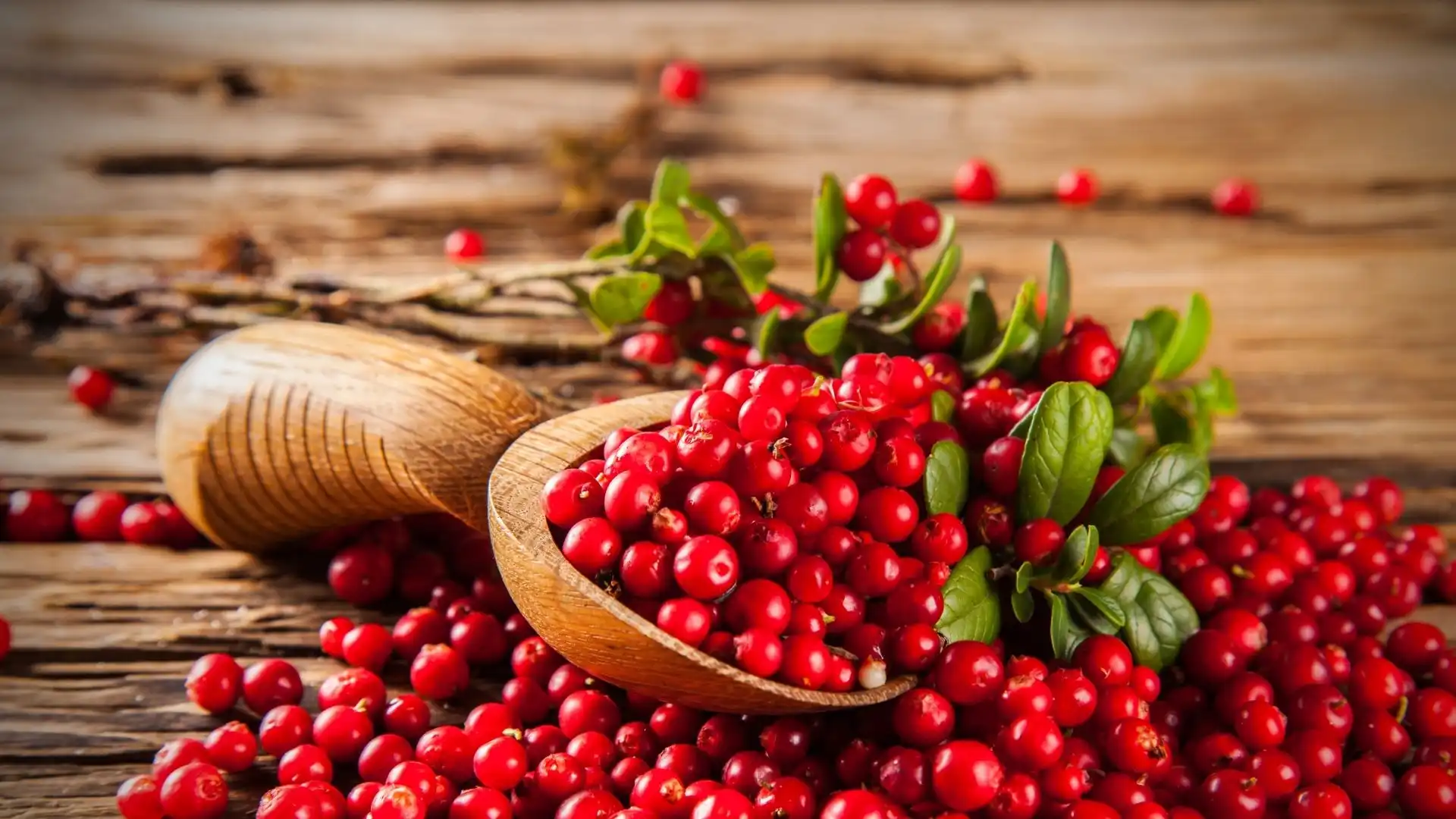
What Are the Most Common Uses of Health Supplements?
Urinary Tract Health Support
Cranberry extract is widely recognized for its beneficial role in supporting urinary tract health. The proanthocyanidins present in cranberry fruit extract help prevent harmful bacteria, especially E. coli, from sticking to the urinary tract walls. This anti-adhesion effect is important because it may lower the likelihood of urinary tract infections (UTIs). Although cranberry extract is not a treatment for active infections, many individuals use it as a preventive supplement, particularly those who frequently suffer from recurrent UTIs, to help maintain urinary tract health.
Antioxidant Benefits
Cranberry fruit extract is rich in powerful antioxidants that help neutralize damaging free radicals in the body. These free radicals contribute to oxidative stress, which can harm cells and play a role in the development of chronic illnesses such as heart disease and cancer. By combating oxidative stress, cranberry fruit extract supports overall cellular health and may reduce inflammation. This antioxidant action contributes to improved immune function and general wellness, making cranberry fruit extract a valuable ingredient in health supplements aimed at protecting the body from oxidative damage.
Cardiovascular Health
Emerging research suggests that cranberry extract may offer benefits for cardiovascular health. The polyphenols found in cranberries have been linked to improved cholesterol profiles, including lowering LDL (“bad”) cholesterol and raising HDL (“good”) cholesterol. These compounds may also help prevent the buildup of plaque in arteries, reducing the risk of atherosclerosis. While further clinical studies are necessary, early evidence indicates that regular cranberry supplementation, when combined with a healthy diet and lifestyle, could play a supportive role in maintaining heart and vascular health.
Are There Any Known Side Effects or Interactions?
Gastrointestinal Discomfort
While generally well-tolerated, some individuals may experience mild gastrointestinal side effects when taking cranberry extract. These can include stomach upset, nausea, or diarrhea, particularly when consumed in high doses. To minimize these effects, it's advisable to start with a lower dose and gradually increase it, always following the recommended dosage on the product label or as advised by a healthcare professional.
Potential Drug Interactions
Cranberry extract can interact with certain medications, most notably blood thinners like warfarin. The compounds in cranberries may enhance the effects of these medications, potentially increasing the risk of bleeding. Individuals taking blood thinners should consult their healthcare provider before adding cranberry supplements to their regimen. Additionally, cranberry extract may interact with some antibiotics and medications metabolized by the liver, altering their effectiveness.
Kidney Stone Risk
For individuals with a history of kidney stones, particularly oxalate stones, caution is advised when using cranberry supplements. Cranberries contain oxalates, which can contribute to stone formation in susceptible individuals. While moderate consumption is generally safe, those with a predisposition to kidney stones should discuss the use of cranberry extract with their healthcare provider to weigh the potential risks and benefits.

Is It Safe for Long-Term Use or Specific Medical Conditions?
Long-Term Safety Considerations
Cranberry extract is generally regarded as safe for long-term use by most healthy adults when taken at the recommended dosages. Despite its widespread use, there is a lack of extensive long-term clinical studies, so ongoing evaluation is important. Users should periodically assess whether continued supplementation is necessary and effective. It is advisable to use cranberry extract supplements under healthcare supervision, especially for prolonged periods, to monitor any potential side effects or interactions with other medications.
Pregnancy and Breastfeeding
The safety profile of cranberry fruit extract during pregnancy and breastfeeding remains unclear due to limited research. While consuming cranberry juice is usually considered safe during these periods, concentrated cranberry extracts might carry different risks. Pregnant or breastfeeding women should always consult with their healthcare providers before starting any cranberry fruit extract supplements. This cautious approach helps ensure that the potential benefits do not come at the expense of the developing fetus or nursing infant’s health.
Specific Medical Conditions
Individuals with certain health conditions should exercise caution before using cranberry extract supplements. For example, people with diabetes need to monitor their blood sugar closely since cranberry products might influence glucose levels. Those with a history of recurrent urinary tract infections should not rely solely on cranberry extract but follow their healthcare provider’s guidance for comprehensive management. Additionally, individuals with liver disease or on medications metabolized by the liver should seek medical advice, as cranberry extract may impact drug metabolism.
Conclusion
Cranberry extract offers promising health benefits, particularly in supporting urinary tract health and providing antioxidant protection. While generally safe for most people, it's crucial to be aware of potential side effects and interactions, especially for those with specific health conditions or taking certain medications. As with any supplement, it's best to consult with a healthcare professional before incorporating cranberry extract into your routine to ensure it's appropriate for your individual health needs and to determine the optimal dosage and duration of use.
Contact Us
For more information about our high-quality cranberry extract products and how they can support your health goals, please contact us at wgt@allwellcn.com. Our team of experts is ready to assist you in finding the right supplement to meet your needs.
References
1. Johnson, E. L., et al. (2020). "Cranberry and Urinary Tract Infections: A Comprehensive Review." Journal of Nutrition and Health Sciences, 7(2), 1-10.
2. Smith, A. R., & Brown, J. C. (2019). "Antioxidant Properties of Cranberry Extract: A Systematic Review." Antioxidants, 8(9), 376.
3. Wilson, T., et al. (2021). "Effects of Cranberry Supplementation on Cardiovascular Risk Factors: A Meta-Analysis." Nutrients, 13(5), 1508.
4. Lee, Y. L., et al. (2018). "Safety and Efficacy of Cranberry Extract: A Comprehensive Review." Journal of Alternative and Complementary Medicine, 24(7), 659-673.
5. Rodriguez-Mateos, A., et al. (2022). "Cranberry Polyphenols and Cardiovascular Health: A Comprehensive Review of Human Studies." Advances in Nutrition, 13(2), 506-521.
6. Chen, H., et al. (2019). "Cranberry Products and the Risk of Urinary Tract Infection: An Updated Systematic Review and Meta-Analysis." Journal of Nutrition, 149(6), 1026-1034.

